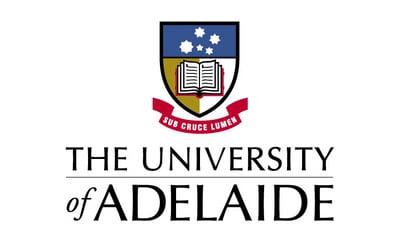Lumen Wirltuti:Warltati 2025 - Flipbook - Page 20

Your stories
90 per cent electric vehicles. We consider driving a car and having
a car park as basic human rights, akin to water and oxygen. Then
we complain about sitting in traffic jams – which costs us billions in
lost productivity – the price of petrol, the cost of parking, and the
cost of housing.
“On top of that, we save all our spare money to fly on holidays
to cities that are higher density, where we walk everywhere and say,
‘isn’t this beautiful?’ – but we live the opposite way in Australia.’’
Stephen’s own compact and energy-efficient home is in Bowden,
one of the nation’s most environmentally sustainable communities,
with a vibrant central hub and communal green spaces.
“Our current housing stock is kind of like an apartheid model,
where we oppose anything other than the Great Australian Dream
to the point of being quite aggressive and opinionated and antichoice,’’ he says.
“We need to talk about housing choices and good quality density.
We need to have a grown-up conversation around how we use our
infrastructure.
“We’re seeing an overwhelming rate of loneliness and
mental health issues and social isolation, largely driven by bigger
allotments, big houses, a car-centric culture where we don’t walk
past our neighbors or connect with them in the main street
of the communities in which we live. There needs to be a
fundamental change.’’
How we build our homes is just the start, from new materials
to quicker construction methods. But the former civic leader and
University of Adelaide alum (MBA, 2012) believes a more
profound disruption is on the cards and speaks of new kinds of
shared ownership models.
“WHAT ARE OUR VALUES? WHAT
DO WE WANT THE FUTURE TO
LOOK LIKE? WHAT DO WE BELIEVE
IS POSSIBLE? THE ANSWERS TO
THESE QUESTIONS WILL IMPACT
OUR VOTE, OUR CHOICES, WHAT
WE ARE PREPARED TO PAY FOR.”
“To attract talent to the places we need it, we’ll need to deliver
the right housing, transport, services, culture, and more.”
But of course, she points out, nothing is set in stone. Another
plausible scenario might see a surge in FIFO jobs and short-term
financial gains for a few, but not thriving, reinvigorated regional
communities. Is this what we want?
“Everyone has a shadow scenario – their set of assumptions
about the future, that determines what they think we should do
now. Exploratory scenarios become like wind tunnels for stresstesting our assumptions and our strategies, policies and plans.
“So that also involves wearing black hats, too. People need to
contemplate the bad outcomes, so we know how to avoid them.
But I’ve found positive visioning can be the hardest and the most
missing from our society and from our culture.”
Town planner and urbanist turned futurist Stephen Yarwood, a
former Lord Mayor of Adelaide, believes we must re-engineer our
values and principles to create a contemporary Australian ambition,
rather than mourning the Great Australian Dream.
“We’ve made some really big mistakes in Australia,” he says. “We
have the largest houses in the world – number one. We have some
of the lowest densities of any city on the planet. We’re incredibly
car reliant and cherish the V8 in a world where Scandinavia is at
20